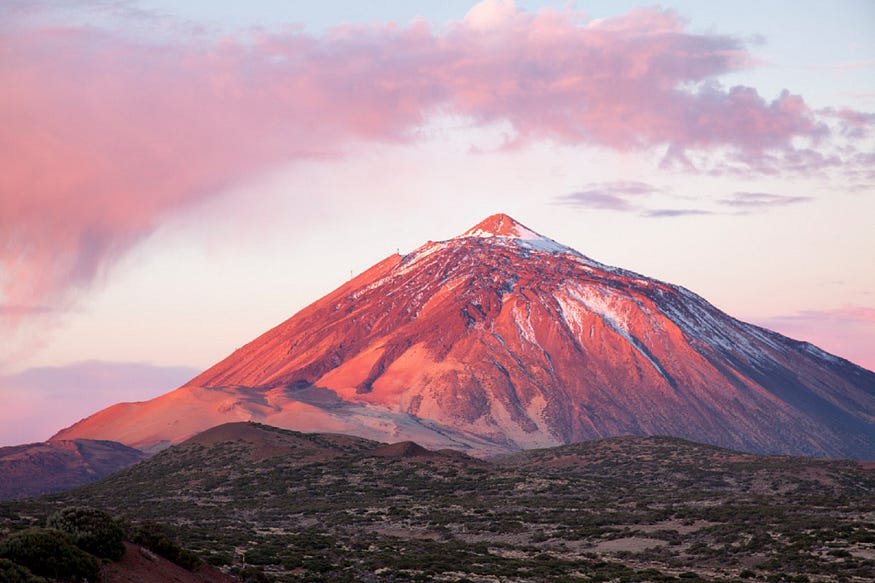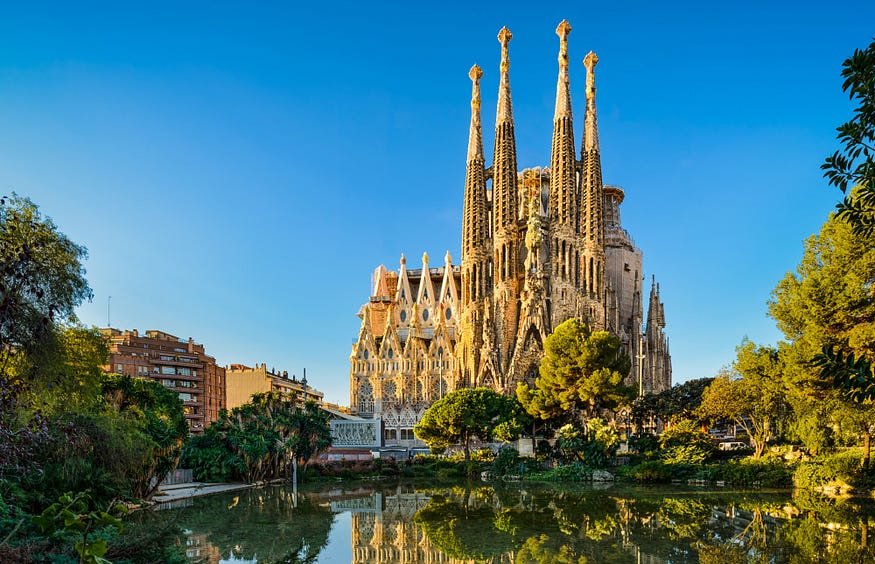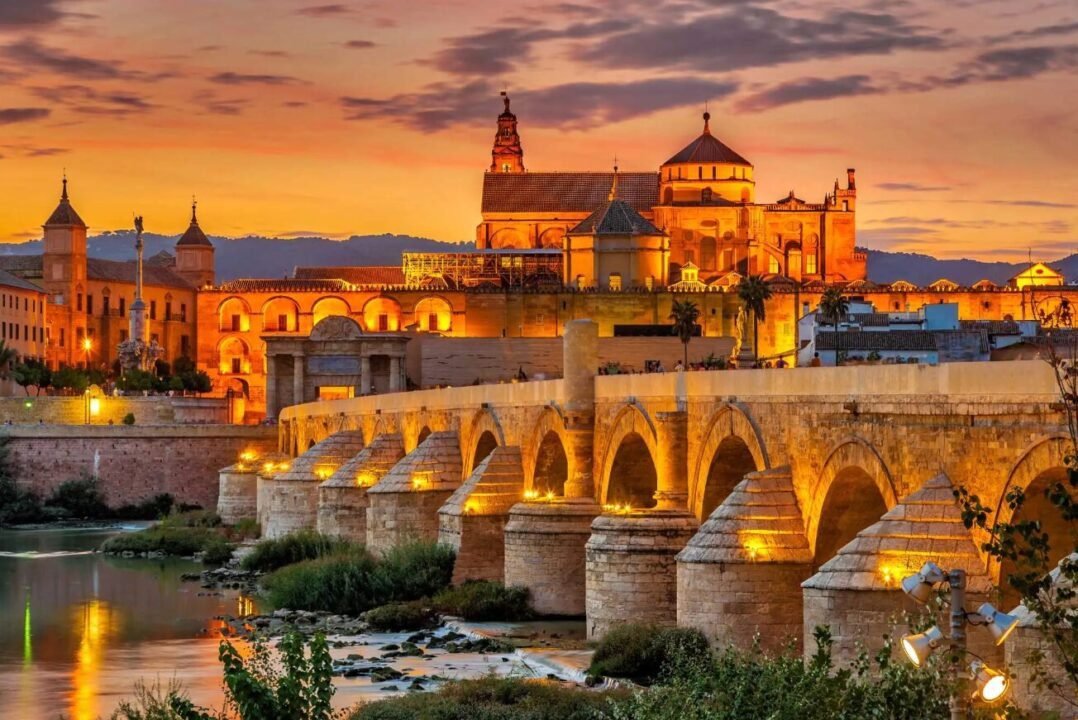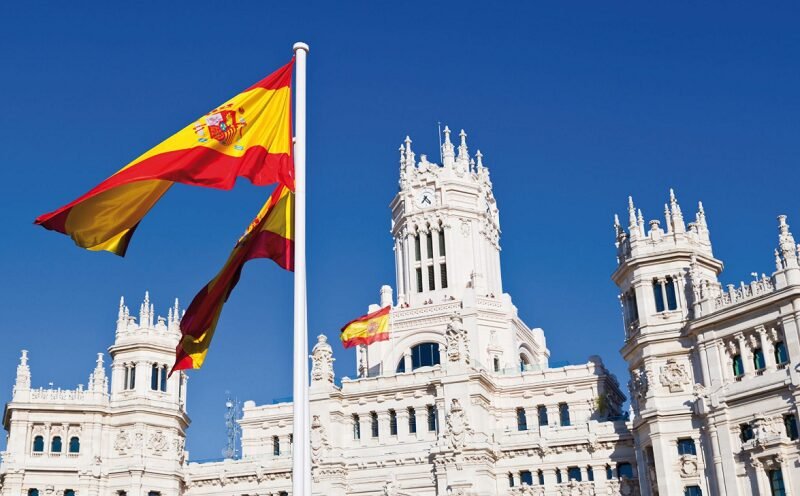Read 10+ of the most curious facts about Spain and interesting details about one of the popular countries in Europe.
Spain is one of the world’s oldest cultures with a rich heritage that has influenced the world as a whole.
The country is the birthplace of the Flamenco and famous people such as Miguel Cervantes, El Greco, Salvador Dalí, Pablo Picasso, and many more, and attracts millions of people every year.
Spain is among the most popular worldwide destinations for recreation and tourism, and well-known for the world-famous cuisine, unique picturesque scenery, and numerous sights.
Here there are few little-known interesting facts about Spain that will surprise you.
1. Spain is a constitutional monarchy
Not just “Spain”, but “Kingdom of Spain”. Spain is the second-largest country in the European Union, has a territory of 505 955 square kilometers and a population of over 47 million people.
Spain is also the fourth-largest country in Europe.

2. Spain is the biggest producer of olive oil in the World
Did you know Spain produces on about 44% of the world’s supply of olive oil each year, followed by Italy and Greece?
Another interesting fact is that Spain is home to approximately 300 million olive trees.
The average consumption of olive oil is high too — an average Spaniard consumes nearly 14 liters of olive oil each year.
3. Public nudity is legal in Spain
With many sunny days through each year, exhibitionists enjoy a carefree attitude towards nudity.
The fact is, there are no laws about public nudity in Spain, so it’s familiar and ordinary to see visitors who aren’t embarrassed to shoot down all the clothes on the beach.
4. Spain is UNESCO’s third-largest heritage country
Do you know 47 of UNESCO’s World Heritage Sites are in Spain? This puts the nation in third place after Italy and China.
Probably the most famous UNESCO World Heritage Site in Spain is La Sagrada Familia– the most popular cathedral in Barcelona.
5. Four different languages are official In Spain
Although Spanish(Castilian) is the most popular official language, Spain has four official languages. They are Castilian, Catalan, Basque, and Galician.
Furthermore, there are also three unofficial regional languages. They are Asturian, Aranese, and Aragonese.
Besides, there are several more dialects.
For example, in the third-largest Spanish city Valencia, the regional language is known as Valencian (variety of Catalan).
6. The Spanish national anthem has no lyrics
One of the curious facts about Spain is that La Marcha Real (or in translation “the Royal March”) is one of the four national anthems, with no official text.
According to experts, although there are different variants of the hymn, the original symphonic version should be in b major and lasts 52 seconds.
7. The highest Spanish peak is not in the Iberian Peninsula
The highest mountain in Spain is Mount Teide (3718 meters).

This mountain is situated in Tenerife in the Canary Islands, Spain, and is an active volcano.
Mount Teide is the third highest volcanic structure, and it is the highest peak on the Canary Islands and in the whole of Spain.
8. Madrid is in the center of the country
Many people know Madrid is the capital of Spain. However, only a few of them know Madrid is also the geographical center of the country.
In the center of Madrid, you can find the Puerta del Sol (“The Sun Gate”). Puerta del Sol is the physical center of the country and the Spanish radial road system.
9. The Eiffel Tower was planned to be in Barcelona
The iconic Paris landmark and a symbol of France and French culture were initially planned to be built in Barcelona in 1887.
An interesting fact is the people in the city didn’t like it, and apparently someone has heard their voices.
Even more curious is the fact, that after the structure was built in the French capital in 1889 Parisians also didn’t want it.
10. The endless construction
The construction of the Sagrada Familia in Barcelona began in 1882 and is still in progress.
Despite the continuous construction activities, this colossal building is still incomplete to this day.

The plan is for the construction to be ready by 2026 to coincide with the 100- anniversary of the death of the architect, Antonio Gaudi.
11. The oldest restaurant in the world.
If you want to visit the oldest restaurant in the world, Restaurante Botín which operates to this day-the place, then the place to visit in Madrid. Restaurant Botín opened doors for the first time back in 1725.
12. Spain Boasts the Only Desert in Europe
Did you know that Spain is home to Europe’s only desert?
The Tabernas Desert, located in the province of Almería, offers landscapes so akin to those of the American Wild West that it has been a favored location for many famous spaghetti western films.
This unique Spanish locale highlights the country’s diverse climate and terrain, which range from lush greenery in the north to arid zones in the southeast.
13. Home to a Monument Older Than the Pyramids
The ancient city of Seville houses La Dama de Elche, an Iberian artifact that predates even the Egyptian pyramids.
Discovered in 1897, this bust is believed to be over 2,500 years old and serves as a significant testament to the rich history and early civilization of the Iberian Peninsula.
14. A Pioneering Country in Renewable Energy
Spain is a global leader in renewable energy. It was one of the first countries to incorporate wind power on a massive scale and is among the top countries in the world for solar energy.

By 2020, about 50% of Spain’s electricity was generated from renewable sources, showcasing its commitment to environmental sustainability.
15. The World’s Largest Food Fight
Spain is famous for hosting La Tomatina, an annual tomato-throwing festival held in the Valencian town of Buñol.
Thousands of participants from all over the globe gather to enjoy the world’s largest food fight, where more than 100 metric tons of overripe tomatoes are thrown in the streets.
16. An Architectural Record: The World’s Largest Cathedral
Spain is home to the largest cathedral in the world, Seville Cathedral.
With its awe-inspiring Gothic architecture, it is recognized by UNESCO as a World Heritage Site and is the final resting place of Christopher Columbus.

The cathedral stands as a monument to Spain’s religious history and architectural ingenuity.
17. A Haven for Book Lovers: The Madrid Book Fair
Annually, Spain hosts the Feria del Libro de Madrid, one of the most significant cultural events for Spanish literature.
It attracts hundreds of authors and publishers from around the globe and thousands of attendees, eager to revel in literary discussions and book signings.
18. The Invention of the Staple Diet: The Mediterranean Diet
Spain, along with Greece and Italy, is credited with popularizing the Mediterranean diet, known for its health benefits and emphasis on fresh vegetables, fruits, fish, and olive oil.
This diet is not only a culinary treat but also a UNESCO Intangible Cultural Heritage of Humanity, highlighting its significance in promoting health and longevity.
Epilogue
These facts about Spain peel back the layers of this popular tourist destination, revealing a country rich in history, culture, and innovation. From its unique environmental features to its influential culinary contributions, Spain continues to fascinate and inspire visitors and scholars alike.
Whether you’re exploring its ancient monuments or participating in lively local traditions, Spain offers a tapestry of experiences that blend the old with the new in captivating harmony.
For more intriguing details about Spain, consider exploring sources such as UNESCO’s World Heritage Sites or Spain’s official tourism website.
